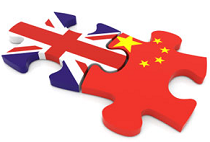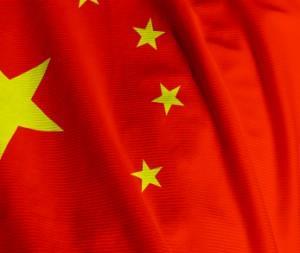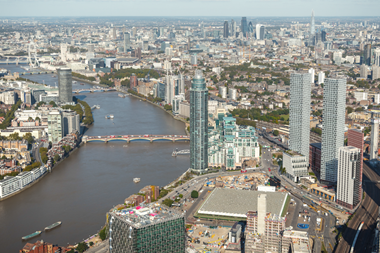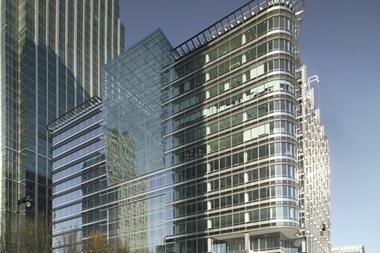New guidelines from China’s government placing overseas real estate investment on a “restriction list” are expected to further impede Chinese investment in the UK property market.

Last Friday, China’s State Council warned that overseas investments “against peaceful development, win-win co-operation and China’s macro controls” would be curbed and put various items, including real estate, hotels and sports clubs, on a “restriction list”.
The Chinese government has already pursued various measures to limit capital outflows, which have affected the ability of Chinese investors to acquire assets in the UK.
Over the past year, buyers from mainland China have invested almost half what they did during the previous year in the London commercial property market, according to data from Real Capital Analytics.

However, some buyers have been able to circumnavigate the restrictions by moving money through Hong Kong, which goes some way to explaining the surge in investment from the territory in recent months.
The extent to which the latest clampdown will dampen investment remains to be seen.
Savills’ head of central London investment Stephen Down, who advised Hong Kong-listed CC Land on its £1.15bn acquisition of the Leadenhall Building earlier this year, said: “The further restrictions will affect more of the mainland Chinese property developers and institutions than, say, investors from Hong Kong, who have been particularly active in the central London market over the past 12 months. As a consequence, we don’t expect there to be a substantial reduction in appetite for the time being.”
A check on investment
Stephen Barter, chair of real estate advisory at KPMG, added that he didn’t think the move would block Chinese investment in overseas property entirely. He described the new government guidelines as “a check on the relevance of investment” and predicted that “the direction of capital flow would become more controlled”.
The guidelines state that China would support overseas investment that is relevant to its Belt and Road Initiative - a project designed to support China’s main trading routes.
Hong Kong was just a channel for mainland Chinese capital and the tap has been closed off - Mike Prew, Jefferies
However, Jefferies real estate analyst Mike Prew was more downbeat about the impact of the clampdown.
He warned that “Hong Kong was just a channel for mainland Chinese capital and the tap has been closed off”.
In an investor note last week, he said that the Far Eastern buyers of London offices were paying a 100-basis-points premium for access to the market and warned that they were inflating market prices.
“These foreign buying sprees come in regular waves,” he said. “Afterwards, yields revert to ‘antediluvian pricing’ prevailing before the flood of low-information foreign capital, factoring in income risk and depreciation.”
Down also warned that some potential Far Eastern investors were turning away from the London office market because of factors unrelated to regulatory controls imposed by the Chinese government.
“A lack of buyable stock and some noticeable heightened concerns about the direction of the UK economy have led to some potential investors who were planning to come to London now going elsewhere,” he said.






























No comments yet